Common Water Heater Myths: What Surprise, AZ Residents Need to Know
For homeowners, it's easy to get caught up in misunderstandings about water heaters. Thankfully, we're here to clear the air and provide you with accurate information. Our informative guide debunks common myths surrounding water heaters, ensuring you have the right facts. By exploring our guide, you'll gain valuable insights and uncover some surprising truths about these essential appliances.

Myth #1: They last forever
Water heaters, despite misconceptions, do not last forever. Although they can endure for a number of years, their lifespan depends on various factors like how often they are used, how well they are maintained, and the quality of the unit itself. Generally, you can expect a water heater to last anywhere from 8 to 12 years. It's worth mentioning that delaying the replacement of an old unit can lead to expensive repairs and potential water damage to your house. If your water heater is nearing its expected lifespan, it is recommended to start looking into replacement options promptly to avoid these undesirable circumstances.

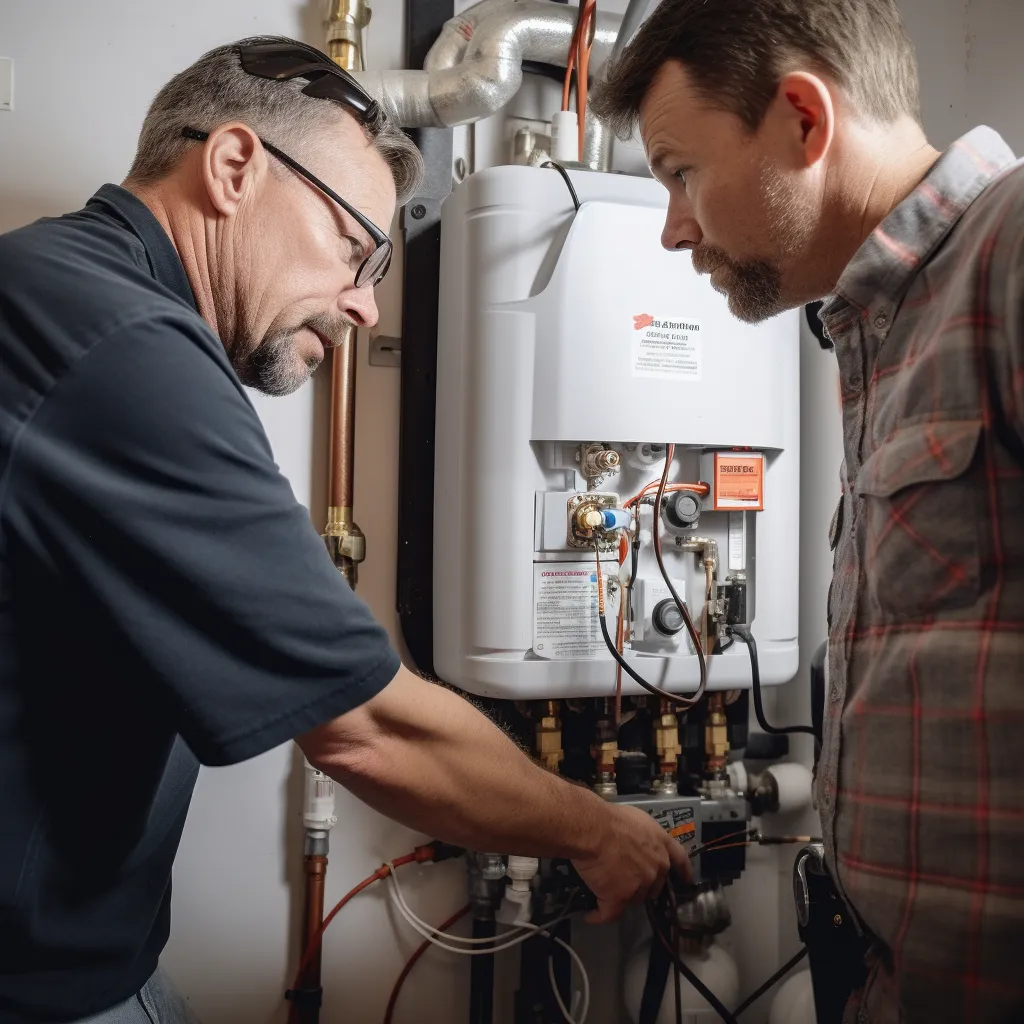
Myth #2: All water heaters are the same
Not all water heaters are equal. They vary in size, appearance, energy efficiency, and how quickly they deliver hot water. When buying a water heater, it's important to consider your hot water needs, how fast you want hot water, and potential energy savings. Choosing the correct water heater for your needs can save you a lot of money on energy bills. Don't believe the misconception that all water heaters are the same. Instead, make a smart choice that will give you dependable hot water all year and save you money.
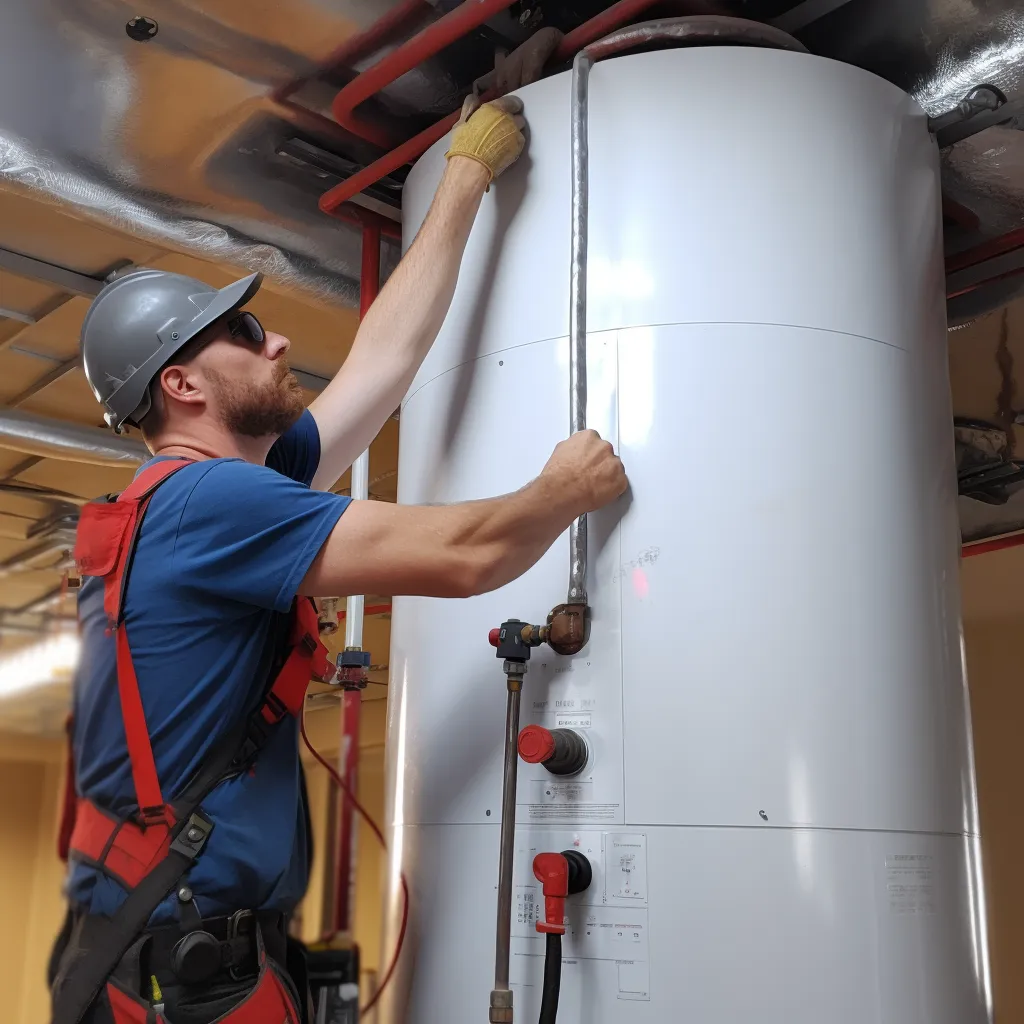
Myth #3: You get more hot water with a bigger tank
When choosing a water heater, it's crucial to know that size doesn't always equate to more hot water. Bigger tanks can harbor more water, but this can result in wasted energy and higher bills without actually giving you more hot water. Instead, opt for a tank that meets your household's specific hot water demands. This ensures you have enough without unnecessary financial stress.
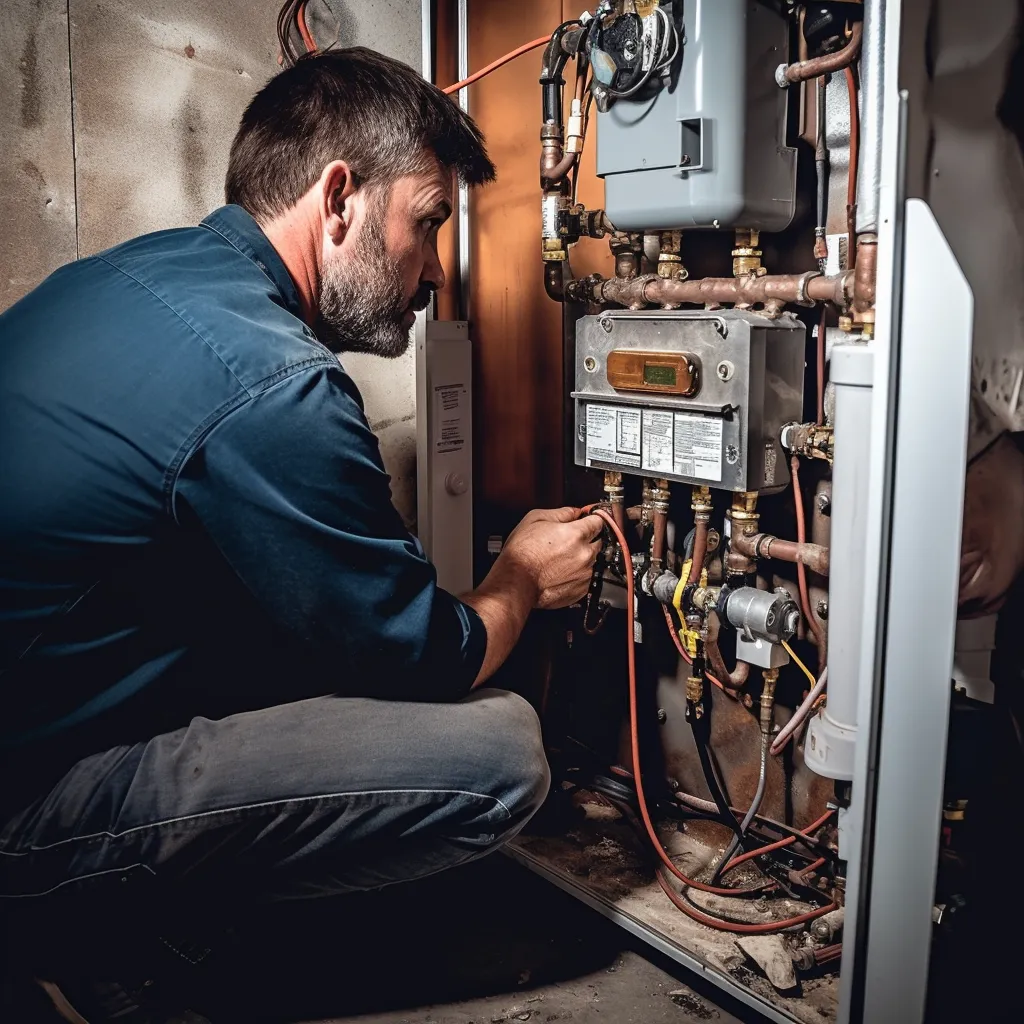
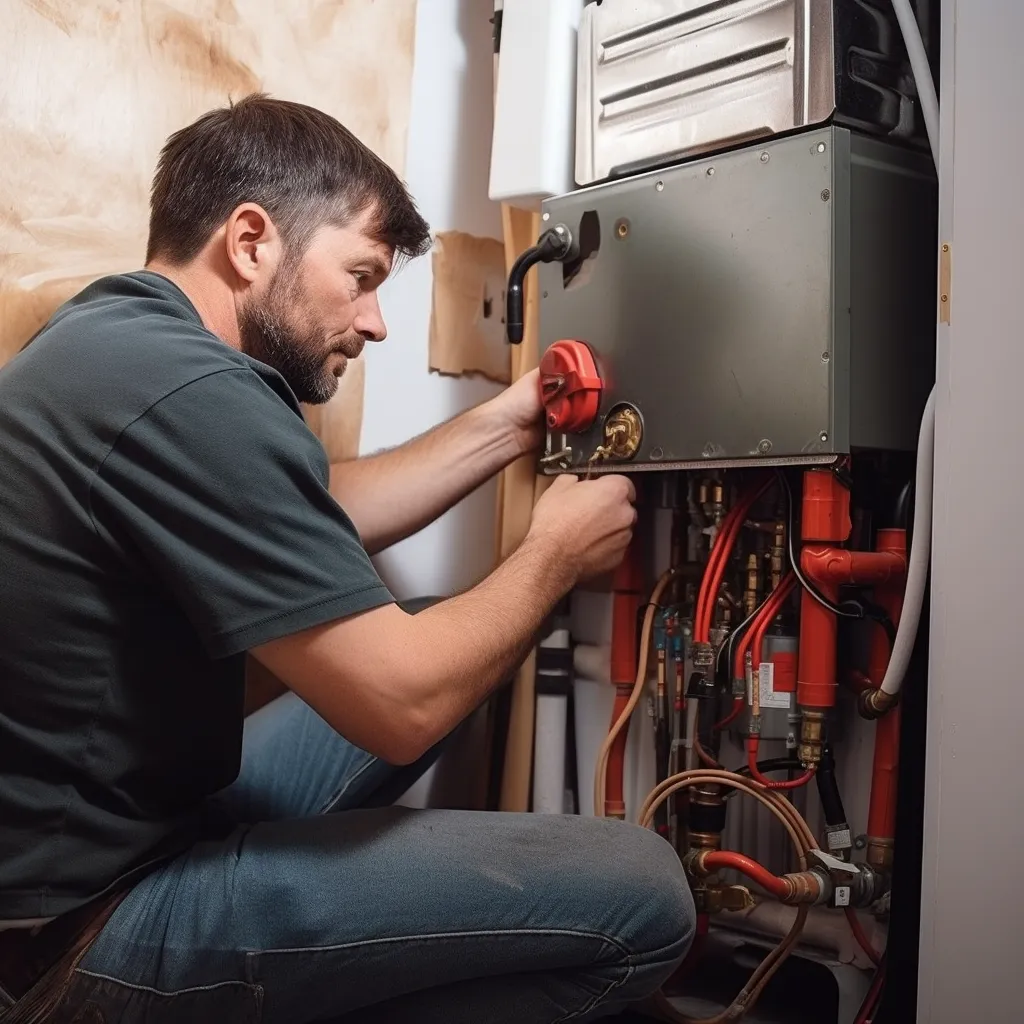
Myth #4: You can DIY with water heater repair or replacement
When dealing with hot water heater issues, it's important to act quickly. However, trying to fix it on your own can make things worse and be risky. It's best to reach out to trained water heater repair experts who can handle the problem safely and effectively.

Myth #5: Water heaters don't need to be flushed
Flushing your water heater on a regular basis is crucial for keeping it in good shape and making it last longer. Many people believe that skipping this step won't cause any problems, but that's not true. If you don't flush your water heater, sediment can build up in the tank, which can cause it to run less efficiently and potentially lead to breakdowns. Flushing your water heater regularly helps prevent sediment buildup and keeps it running smoothly.

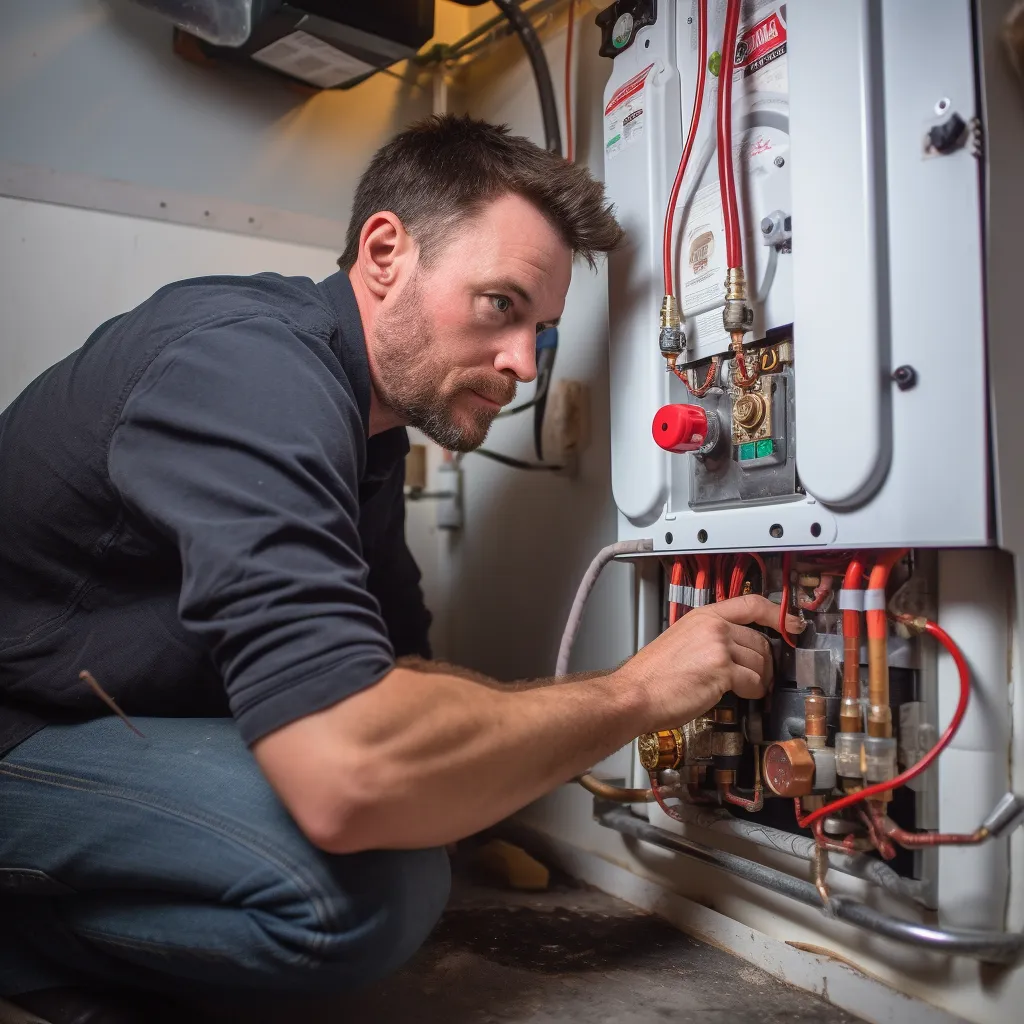
Myth #6: You can save money by keeping an outdated water heater
Keeping an old water heater to save money is a misconception. It can actually result in higher energy bills because older heaters are less efficient and may need expensive repairs. Instead, it's smart to replace your old water heater with a reliable and energy-efficient model.

Myth #7: Bigger water heater tanks are more energy efficient
Many people believe that getting a bigger water tank will make their water heater more efficient and save on energy costs. However, this is not always the case. In reality, a larger tank that is not properly maintained or insulated can actually require more energy to heat the water. This can lead to higher energy bills. To ensure that you are using energy efficiently, it is important to choose a water tank that is suitable for your specific needs. If you only require a small amount of hot water on a daily basis, opting for a larger tank can result in inefficiency and unnecessary energy consumption. Therefore, it is crucial to carefully consider your hot water usage and choose a water tank that aligns with your needs. By doing so, you can ensure that you are using energy in the most efficient way possible and avoid unnecessary costs.
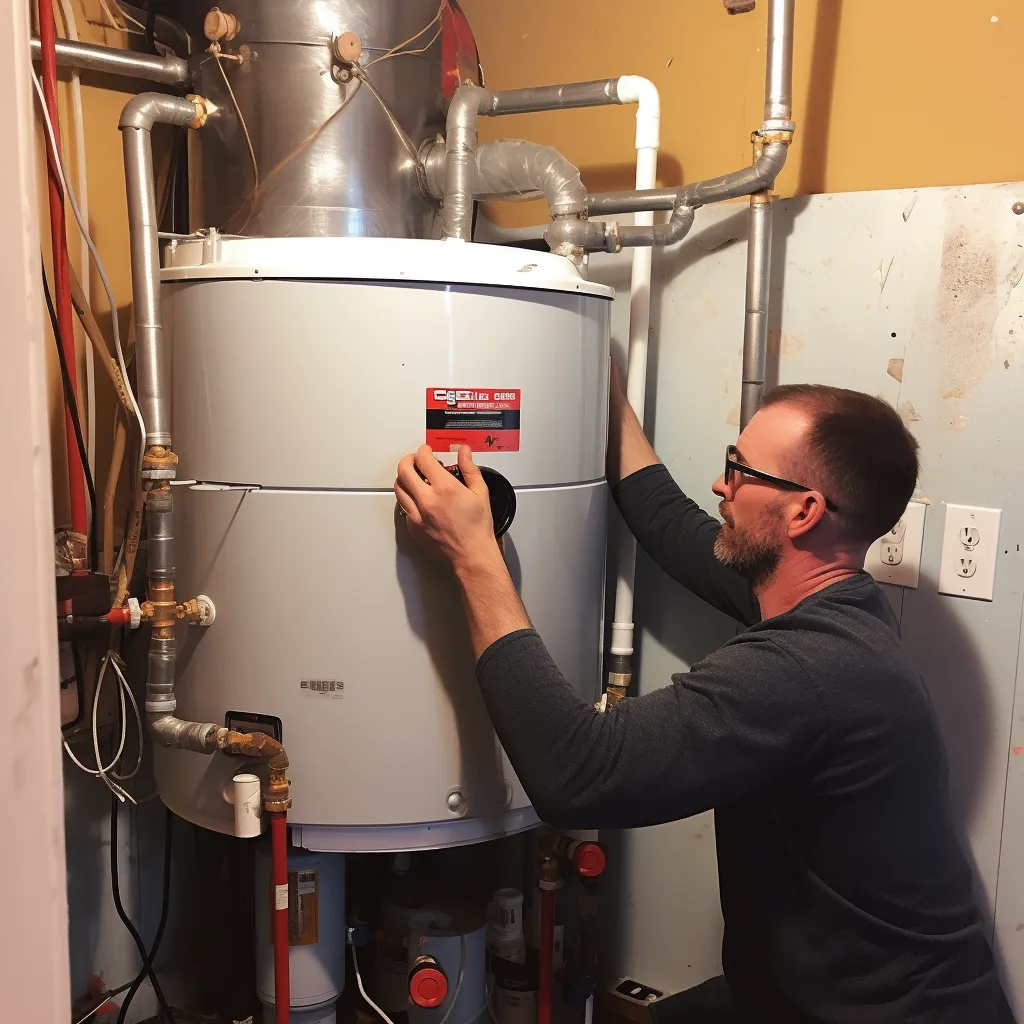

Myth # 8: It's a good idea to crank up the water temperature
Raising the temperature of your water heater might seem like a fast fix, but it's important to be careful because it can have some downsides. One big worry is the danger of getting burned from hot water, especially for kids and older people. Also, higher water temperatures can cause minerals to build up in pipes and appliances, which can end up costing you a lot of money for repairs or replacements.

Myth #9: There's no problem setting your water heater to the highest temperature
Contrary to popular belief, cranking your water heater to the highest temperature won't give you hot water faster. In fact, it's a waste of energy and a safety hazard. Many people think that turning up the heat will speed up the process, but it actually increases the risk of burns. Most homes can set their water heaters to a cozy 120 degrees Fahrenheit, which is hot enough for everyday use while prioritizing safety.


Myth #10: Water heaters waste energy
Water heaters have come a long way in terms of energy efficiency. Newer models, like tankless water heaters, are designed to be more energy-efficient by heating water instantly when needed, rather than constantly heating and storing it in a tank. These tankless models often come with additional features, such as insulation and timers, which help reduce heat loss and make the most of energy consumption. With these advancements, homeowners can enjoy hot water while saving energy and reducing their carbon footprint.

Myth #11: Regular water heater maintenance isn't required
Proper maintenance is crucial for keeping your water heater in good working order. Failing to regularly care for your water heater can result in decreased efficiency, expensive repairs, or the need to replace the unit entirely. To keep your water heater running smoothly, it's important to regularly check the pressure relief valve, flush out any sediment buildup in the tank, and make sure the thermostat is working properly.
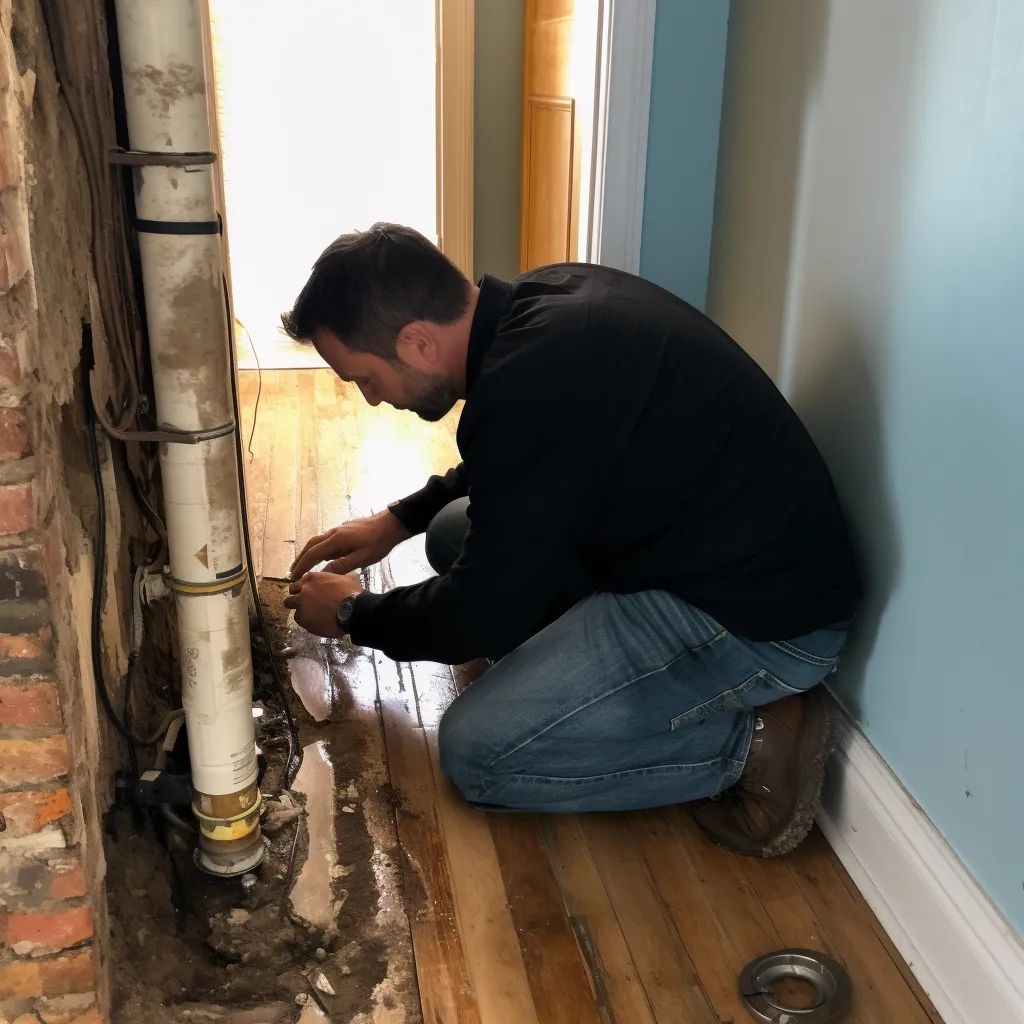
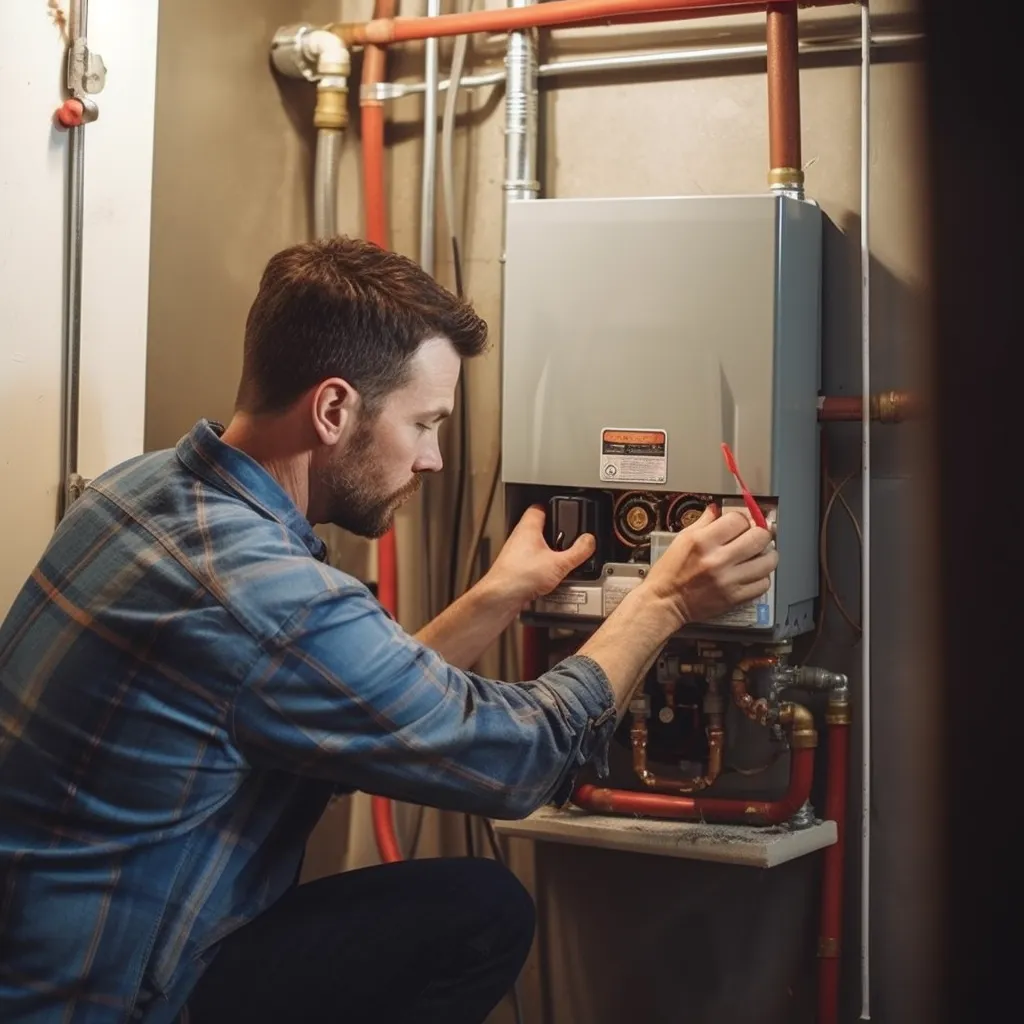
Myth #12: You can use any type of water heater in the home
When selecting a water heater for your home, it's crucial to think about your family's size, the number of fixtures in your house, and your budget. Many people wrongly assume that any water heater will do, but this is not true. Different types of water heaters, like tankless ones, have specific requirements. To find the most appropriate and budget-friendly option, it's recommended to seek advice from experts who can evaluate your individual needs.

Myth #13: Hard water damages your water heater
Although water heater manufacturers make their products to endure hard water, it can still cause some harm over time. The minerals found in hard water, like calcium and magnesium, can build up in the tank and heating elements, making your water heater less efficient and potentially causing problems. To prevent excessive mineral buildup, it's important to regularly maintain your water heater by flushing the tank and descaling.


Myth #14: Tankless water heaters are more costly
Tankless water heaters may have a higher initial cost than traditional storage tank heaters. But in the long run, they are more energy-efficient and cost-effective. Unlike traditional heaters, tankless heaters only heat water when it is needed. This means less energy waste and lower monthly utility bills.
Contact Us
